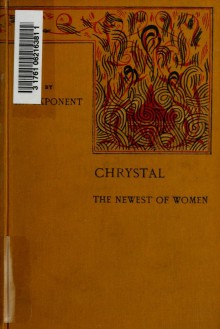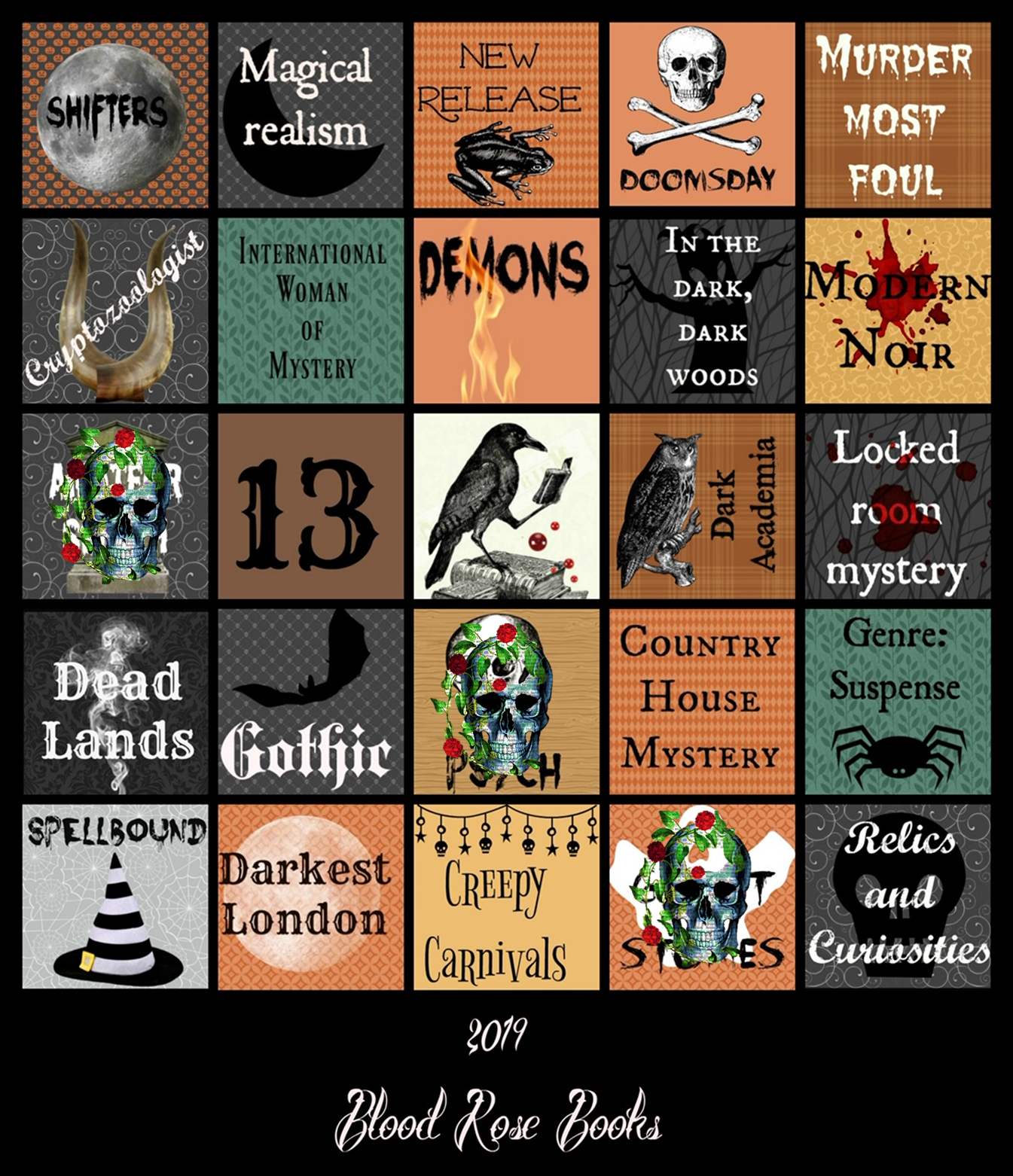
Door 9: World Philosophy Day
Task 1: Share your reading philosophy with us – do you DNF? If so, do you have a page minimum to read before you declare it a DNF?
You all have been following me for how long now? I DNF. I also post reviews about why I DNFed and what percentage or page number too. I find those reviews helpful and wish more reviewers did it. I get why many don't though. You have to worry about a rampaging author sicking their followers on you nowadays.
I have tried to start DNFing books around 20 percent or so if I am not feeling it. There was that one time I DNFed a book 5 pages in, but I am sorry, you could not pay me to read "Far from the Madding Crowd". Some word set me off and that was it for me.
Task 2: Share your reviewing philosophy with us – how do you rate a book? Do you have a mental template for reviewing? Rules you try to follow, or rules you try to break?
Well I tried to find the lat time I posted about how I rated books, but realized that disappeared during my great exodus from BL after my reviews all got messed up. I do have a template I try to follow when reviewing and also rating a book. I try to always do a quick summary up front of the things that worked/didn't work for me in the book. Then I did a short description of the book/characters/overall plot.
From there I dissect the book by characters (developed well or no? did the characters action make sense from what came before? Was it too information dumped driven for me to get certain characters?, etc.).
I next look at writing and flow. Writing is definitely subjective. However, I get annoyed at too much purple prose or overly descriptive writing. Just tell me what's going on and don't try to describe every blade of glass a character is seeing. Flow matters because sometimes chapters don't flow neatly into one another. It gets worse sometimes when an author is jumping around to multiple POVs.
The setting is important to talk about too. I like to say where it takes place, or a time period if it's especially important in the context of the book. Sometimes though I don't comment on this if it didn't move me one way or another.
The last part is the ending. Did the author stick the landing? Did they just throw out some crap and hope you were okay with it? Looking at you "Girl on the Train."
So for me, this is how I rate:
5 stars (favorite): This means I would re-read this book again. That the characters, writing, flow, setting, ending all worked very well. That even if something was slightly off, I let it go to enjoy the book since so many other elements just kicked butt.
4 stars: Still a really good book, but I often give books that missed something too much for me to enjoy. The big thing I start to focus on between 4 and 5 stars is that is there something that gnaws at me enough that I know I will slowly over time get annoyed if I re-read this book? If so, you are getting four stars.
3 stars: A solid book. Not bad, just enough things that didn't work for me to go off and rave about it. It's okay if a book is 3 stars.
2 stars: Not horrible, but enough problematic things going on that would have me hesitant to read the author again unless I saw reviews from others that showed me the book in question was good.
1 star: Nope.
DNF: I usually 1 star these. It flat out just means I could not finish the book because either the characters, writing, etc. was too much for me to get pass. I call it, my brain got angry and I had to stop.
Task 3: How do you stay zen / sane over the holidays or in other stressful periods?
I read. Seriously. I am trying to whittle down how many books I want to read during my break (starting Wednesday) and while in Honduras. Oh and I watch a lot of Christmas related movies. Not on Lifetime! I just love the cartoons. My total secret shame. I maybe re-watched "A Mickey Christmas Carol" this past weekend 10 times. And then Lady & the Tramp about 30 times (cough it was around 50). I ended up just decorating my house on Sunday cause I am just ready to move pass the terribleness and move into the season of hope and joy. I also work out and go hiking a lot during stressful periods. I finally worked out on Sunday after a week of not working out and my body may be sore, but I slept like a log. Nothing makes me feel rested like working out the day/evening before bed.
Task 4: Did you love or hate the books you had to read for school? Looking back, which ones (good or bad) stand out to you the most?
I think for the most part I did love the books I read during school. I just wish they had been more diverse. We tended to not read any African American authors except during Black History Mouth. Stares at school systems in America as a whole. And forget reading authors from other countries. Actually, I want a do-over to this. I think the books were inadequate, but okay to read. I didn't hate them (I got to read Beowulf every freaking year during my high school English classes) but things started to get a little stale since we tended to read the same authors over and over again.
The ones that stand out the most are:
"Great Expectations." I still can't get over how much I wanted to shake Pip. We got the two endings to the book and we had to discuss the one we preferred. I preferred everyone dying off miserably cause they all kind of sucked, but I was fascinated by that book from beginning to end.
"Of Mice and Men." That book from beginning to end depresses the life out of me. I just want them to start over somewhere else. That's it. Goes off to sob into a pillow.
"Beowulf." Not kidding. We always started off with this story during high school. I even did a group book report on it. I get it's supposed to show off the style of an Old English epic poem and all that jazz, but reading it once was enough.
"Lord of the Flies." Yeesh. I got nothing to add here. I think I reviewed this.
"The Scarlet Letter." I got in trouble for asking what the big deal with with Hester having sex outside of her marriage. FYI, I got in trouble a lot during Sunday School. Fun times.
Book: Read a book about philosophy or a philosopher, or a how-to book about changing
your life in a significant way or suggesting a particular lifestyle (Hygge, Marie Kobo, etc.).
[X]
Tasks Completed: 4


 Log in with Facebook
Log in with Facebook 



















